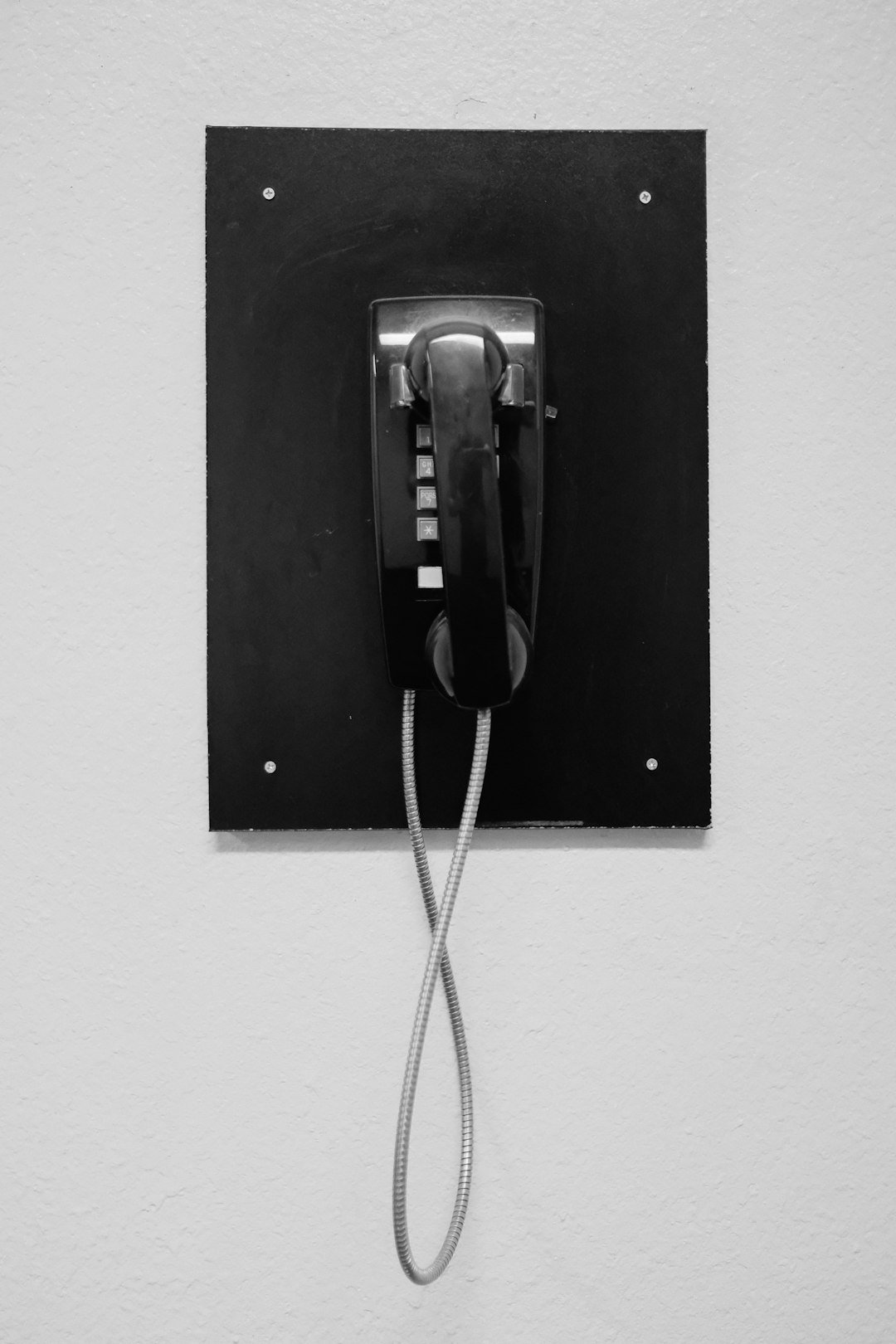Understanding South Carolina's spam texts laws is crucial to avoid legal issues related to harassing communication. The state defines harassment as repeated or persistent unsolicited messages sent with intent to annoy, harass, or alarm, including promotional spam without consent. These laws protect individuals' digital privacy and peace of mind, with criminal penalties for violating them. Consulting a legal expert is advised for defense against such charges.
In South Carolina, understanding the legal implications of harassing text messages is crucial. Unlawful communication charges related to these messages can have severe consequences, making it essential to recognize what constitutes harassment and spam texts under state laws. This article delves into the definitions, types of spam texts, and your rights when facing harassment charges, providing a comprehensive guide for navigating these legal complexities in South Carolina.
Understanding Harassing Text Messages in South Carolina

In South Carolina, understanding what constitutes harassing text messages is crucial for both individuals and businesses to avoid unlawful communication charges. Harassment typically involves repeated or persistent texts sent with the intent to annoy, harass, or alarm the recipient. This includes spam texts that are unsolicited and often promotional in nature. The state’s laws against harassing communications extend to various forms of electronic messaging, emphasizing the need to obtain consent before sending text messages for marketing or other purposes.
Knowing the boundaries between legitimate communication and harassment is essential. A single, isolated text message might not be considered harassment, but a pattern of unsolicited texts can quickly escalate into a legal issue. South Carolina’s laws aim to protect individuals from unwanted and intrusive messaging, ensuring that everyone can enjoy their digital privacy and peace of mind without fear of unlawful charges related to harassing text messages.
Legal Definition of Unlawful Communication Charges

In South Carolina, the legal definition of unlawful communication charges includes any form of electronic communication that is considered harassing or unwanted, particularly in the context of spam texts. These charges are designed to protect individuals from relentless and unsolicited messaging, often sent in bulk by commercial entities or even individuals seeking to cause distress. According to state laws, a person is guilty of unlawful communication if they use electronic means to send repetitive or obnoxious messages with the intent to harass, annoy, or alarm another person. This encompasses spam texts that promote products, services, or scams, as well as any message sent without consent or in violation of privacy expectations.
What Constitutes Spam Texts?

Spam texts, or unsolicited bulk messages, are a common nuisance in today’s digital age. In the context of South Carolina laws, these texts often fall under the category of harassing communication if they are repetitive and unwanted. While marketing messages can be legitimate, spam texts typically include advertisements, promotions, or requests for goods or services sent to individuals who have not given explicit consent. They are often characterized by their high volume, with senders using automated systems to blast these messages to numerous recipients simultaneously.
In South Carolina, the legal definition of spam texts is broader than just marketing materials. It encompasses any electronic communication sent in violation of a recipient’s privacy rights. This includes messages that promote or advertise products or services, even if they are not commercial in nature. The key factor is whether the recipient has agreed to receive such communications, as explicit consent is essential under South Carolina’s anti-spam laws.
Defending Against Harassment Charges: Your Rights

In South Carolina, defending against harassment charges related to unsolicited or unwanted spam texts is grounded in state laws that protect individuals from abusive communication. If you’ve received harassing text messages, it’s important to understand your rights and legal options. According to South Carolina laws, sending repeated or unwanted text messages with the intent to harass, annoy, or alarm can lead to criminal charges.
If you believe you’re facing unlawful communication charges due to defending yourself against harassing spam texts, consult a legal professional immediately. They can help interpret the law and advise on the best course of action, ensuring your rights are protected. Knowing what constitutes harassment under South Carolina laws is crucial for mounting a strong defense.






